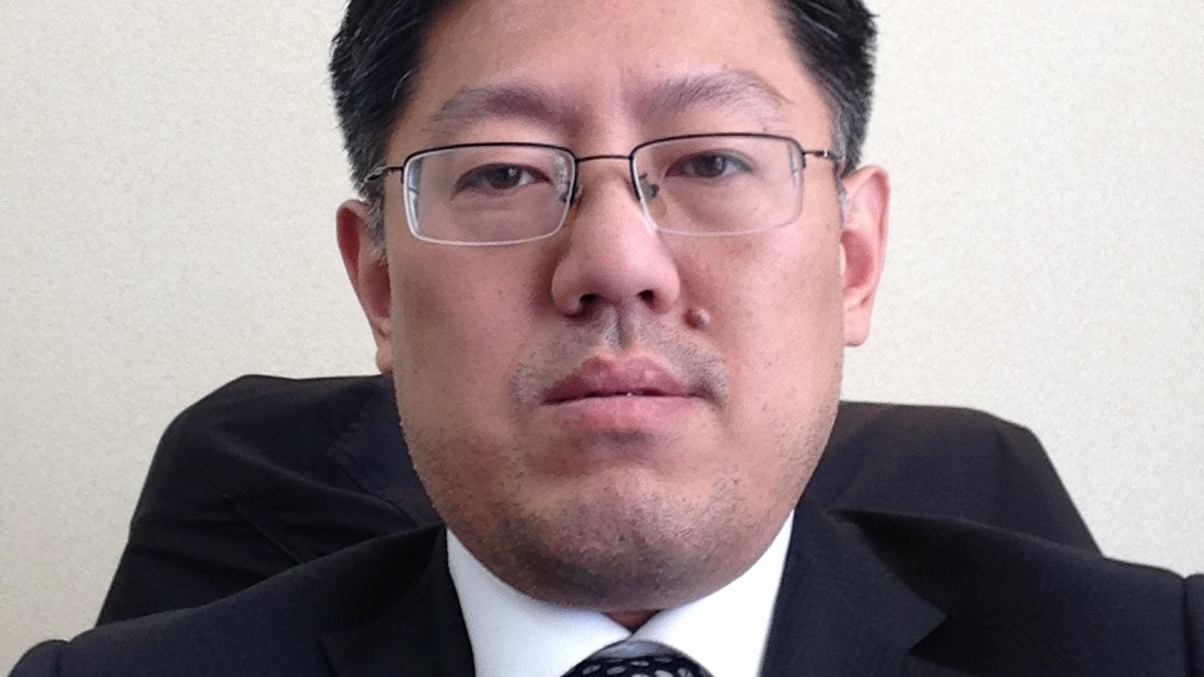Why China insurers are hesitant to invest overseas
Inexperience, fear of failure and China’s correlation with growth markets are among the hurdles, finds AsianInvestor's forum. We hear what insurers want from external managers.

Chinese insurers feel hampered from investing overseas by internal incapability, fear of failure politically and limited opportunities in slow-growing developed markets, an AsianInvestor forum heard yesterday.
Sign in to read on!
Registered users get 2 free articles in 30 days.
Subscribers have full unlimited access to AsianInvestor
Not signed up? New users get 2 free articles per month, plus a 7-day unlimited free trial.
¬ Haymarket Media Limited. All rights reserved.


